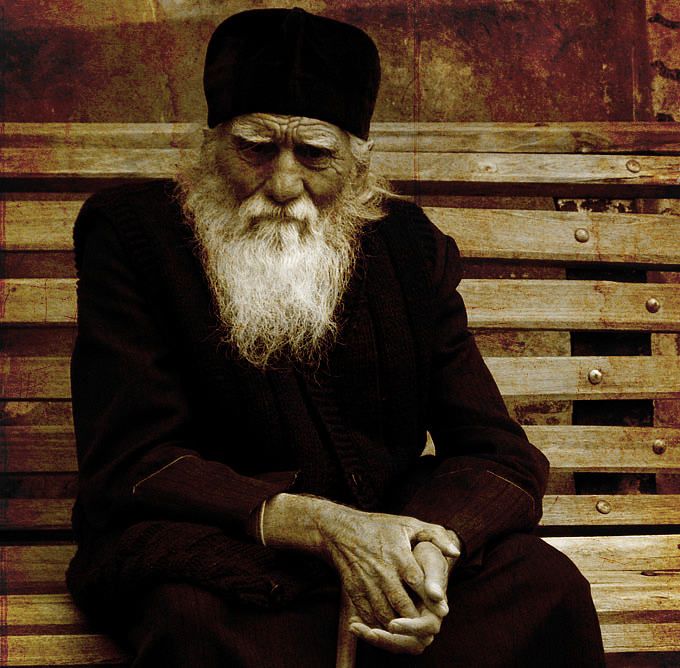Parashat No`ah/ Rosh Hodesh
Genesis 6:9 – 11:32
Just as last week’s Torah portion introduced us to the main character, Noah, in the next week’s portion, so, too, does the end of this week’s portion introduce us to the hero of next week’s portion, Abram (later to be called Abraham). We are told that Abraham was one of three sons born to Terah. (Gen. 11:27) One son, Haran (- not to be confused with the city named Haran), died young, but had a son, Lot. The two remaining sons, Abram and Nahor, marry. Nahor marries Milkah and Abram marries Sarai, who is childless. Then we are told that Terah takes Abram and Sarai and Lot, Haran’s son, with him to go to live in the land of Canaan, but they stop and settle in Haran. (vv. 28 – 31)
It would seem that these are an accumulation of insignificant details. But this last piece of information is of interest for a couple of reasons. One is that it tells us that when (next week) we learn of God’s command to Abraham to journey to Canaan, it turns out that this had been the family plan all along. However, it had been a plan that the family had abandoned, for reasons unmentioned. Another point of interest is that the other son, Nahor, is missing from the record of the family’s journey to Haran. Indeed, it is unclear whether Nahor ever went to live in that city. (Later he is placed in Aram-Naharayyim – Gen. 24:10. But his grandson, Laban, is said to live in Haran – Gen. 27:43)
These quirks of the text open opportunities for imagining what might have been happening within Abraham’s family at this early stage, before he actually became “Abraham.” Abraham is the one son to accompany his father after his father loses his eldest son, Abraham’s older brother, Haran. Perhaps he was the one in the family who was expected to spend his life tending to his father. After all, he, himself, had no children of his own. Nahor, on the other hand, is not described as childless. (We will find out about Nahor’s children right after a key moment in Abraham’s life – his attempt to offer Isaac to God – Gen. 22:20. It turns out that these little details are interwoven into a dense and rich narrative tapestry.)
Further, Abraham’s life is not only tied to his bereaved father, it is also apparently bound to the failure of the family plan to move on to Canaan. It would seem that Abraham is destined to sacrifice his own potential and independence for the sake of the family. There have been many people throughout the generations who have played such a role. It is not necessarily a shameful role. It may even sometimes be a noble one. But the question to be asked always is whether it is the right role for the person to whom it has fallen. Would it have been the right role for Abraham?
It is only next week that we find out that God inspires Abraham to extricate himself from this situation to fulfill a very different destiny in Canaan, a destiny that separates him from his father, Terah, but that also, in a way unforeseen by Terah, finally fulfills his father’s own thwarted dream.
Shabbat Shalom
Rabbi David Greenstein
![]()
Subscribe to Rabbi Greenstein’s weekly d’var Torah
Image: “time is on my side” © kanelstrand altered and used with permission via Creative Commons License
- Toby Stein: In Memoriam - Thu, Feb 8, 2024
- Faithfulness and Hope: Parashat Sh’lach - Thu, Jun 23, 2022
- Past Their Prime: Parashat B’ha`a lot’kha - Thu, Jun 16, 2022

